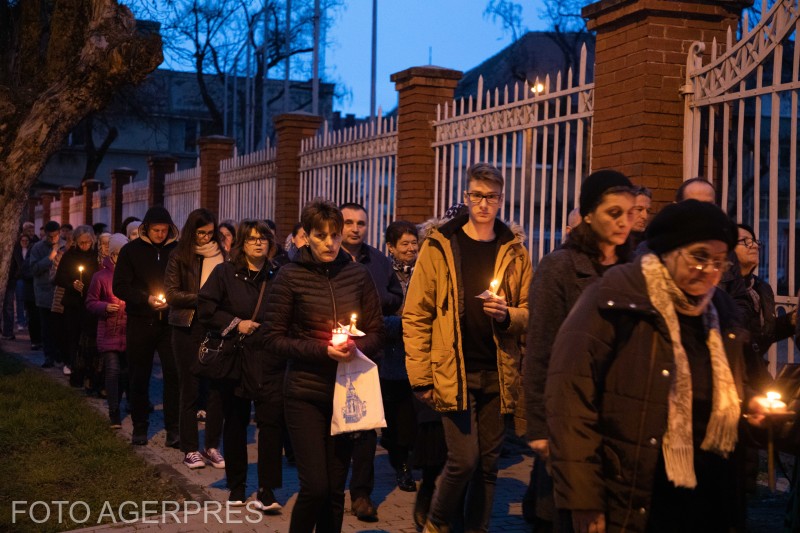Pay rises for health-care staff
The Romanian Government has adopted a set of regulations that stipulate pay rises for the employees in the health-care system

Leyla Cheamil, 30.03.2018, 13:23
For many years now, Romania has been faced with a massive exodus of medical staff, who are leaving the country in search for better salaries and the opportunity to work in functional health-care systems in countries like France, Germany and Great Britain. The effects of this exodus have been quite bad and have started to seriously damage the Romanian health-care system. At present, a growing number of hospitals are making huge efforts to cope with the lack of funding and the personnel shortage.
According to a study published at the end of last year, conducted by the Romanian Association for Health Promotion, some 15,700 Romanian doctors are working abroad. The state is making efforts to convince the medical staff to stay in the country, but, although salaries have grown, they are still far from the western standards. In the past few days, employees in the sector have protested, demanding pay rises for the entire healthcare and welfare staff as well as the elimination of the bonus cap. Also, trade unionists claim that salary increases are valid only partially, applying solely to certain categories of employees, while the Salary Law, which sets the maximum bonus cap in the health-care system at 30%, renders the rules regarding bonuses inapplicable.
On Thursday, the Romanian Government adopted a decision regarding the framework regulations that establish jobs, categories of staff and the actual bonuses for the healthcare and social welfare occupational category. According to the Government spokesman Nelu Barbu, the law stipulates a maximum level for bonuses that can be granted in the system, accounting for 30% of the value of basic salaries at the level of the main budget authorizing officers. He has mentioned that, as regards hazardous jobs, bonuses range from 15% to 25% of the gross salaries, for extremely hazardous jobs they range from 35% to 85% and for difficult jobs from 10% to 15%.
Also, the personnel working in hazardous conditions with equipment that generate radiations benefit from bonuses of up to 30%, those working in special units will get bonuses from 10% to 15% and staff working in remote villages will get up to 20%. At the same time, the staff working in social welfare units will benefit from bonuses ranging from 7.5% to 75%, depending on whether they also provide accommodation or not. Bigger bonuses will be granted to employees who work in extremely hazardous conditions, such as employees of labs testing samples for diseases such as AIDS and tuberculosis.






























